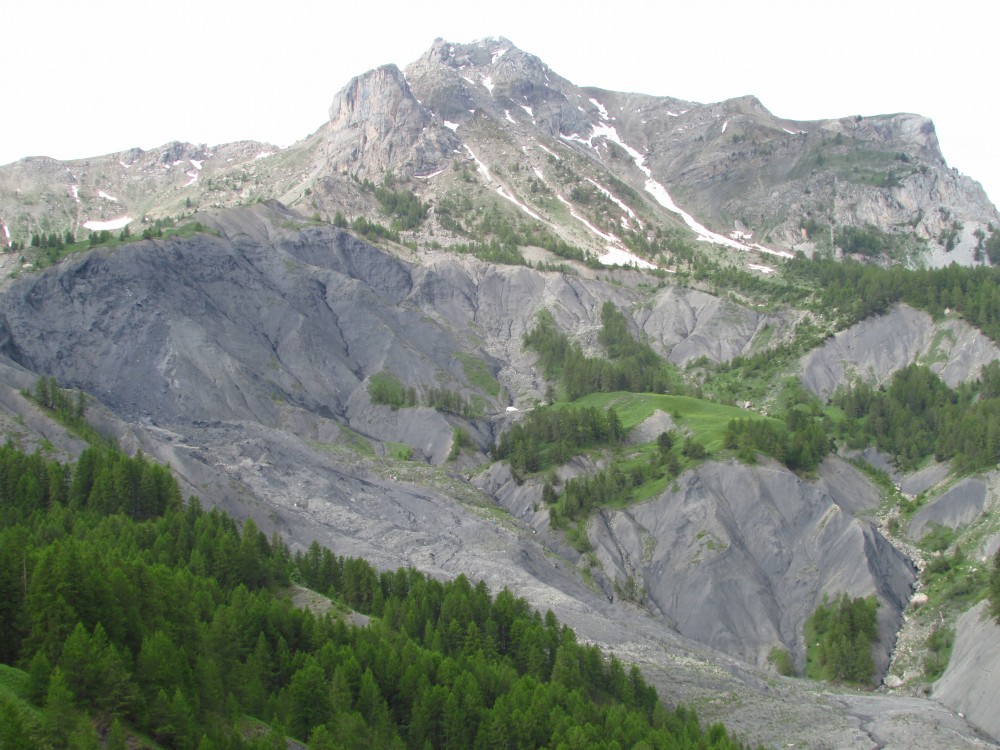Large and small hazard events are already the main cause of mortality – second only to epidemics – for mountain populations in Nepal and a major impediment to rural development. Due to the dispersed nature of mountain hazards, especially landslides and flash floods, little attention has been paid by NGOs or government agencies to reducing such risks. Also, in parallel with the decentralization of power and budgets, new road construction is booming, often being undertaken by communities themselves who lack any technical knowledge. Bio-engineering measures, which are cost-effective and easily adapted to the local context, could significantly reduce landslides along roads but are rarely incorporated in road construction in Nepal.
This initiative builds on an existing baseline of research and links with specific partners and communities. Support from EPIC will enable ecosystem-based approaches to become integrated within planning and decision-making services in Nepal, ultimately making a positive and lasting contribution towards community security and welfare.
The project was undertaken in the Panchase region of Western Nepal. Selected communities are from three districts: Kaski, Parbat and Syangja district.
For detailed information, please refer to EPIC’s website.

